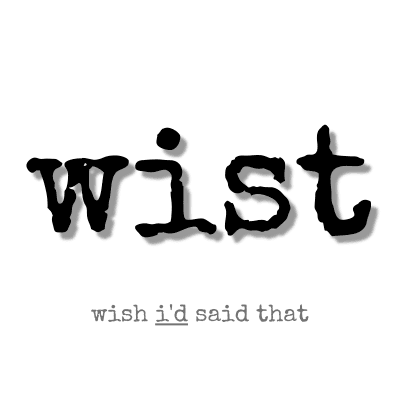An HN reader comments: I'd like a world where everyone consistently applies critical thinking to all sources of information.
That specifically Does. Not Scale.[1]
It fails two ways:
Individuals suffer information overload, trust breakdown, and validation fatigue.
Society finds itself with no common foundation of common shared facts and mechanisms. All points of view are asserted to be equally valid, expertise is entirely dismissed. Tribal beliefs are asserted as true (for Us) and invalid (if Them).
There is, I'll posit, a broad gulf between "verify everything" and "be prepared to question any belief". One varient of the latter is "strong opinions, weakly held". I'm not fully convinced this is a valid model, but it seems a good initial approach. It addresses both the need. to act in the moment, based on. partial information, and the realisation that this information and conclusions based on it may be faulty. The problem occurs when making decisions with no recourse --- betting the farm, burning the boats.
Otherwise, I lean strongly on Baconian, Pragmatic principles: our brains, both individually and socially, are sense-making organs, optimising for practical benefit. A challenge is that subject to perception, processing, and model-generation costs, complexity and rigour, though affording greater accuracy and precision, have enormous costs.
A manifestly false assumption of rational markets (and behaviour) theory is that information is free. It's not --- it has extraordinary costs, and model formation and coordination --- getting everyone on the same page --- are among the highest. We're constantly facing a complexity cost constraint (this is the essence of Gresham's law), in which a much simpler model is, under relaxed environmental selection, often more useful, as it permits discarding expensive perception, processing, and model transmission (education of the population). Which works fine until environmental selection mechanisms are increased.
What a trust, not in authority but in expertise, has to offer, suject to sufficient checks, is an efficient distribution of information, processing, and model formation. This is the ultimate aim of Baconian Science, expressed in the motto of the Royal Society: In nullis verba --- on the word of no person. Rather, it is justified trust in experiment, experience, integrity, and institutions, that gets you this.
Mind, the usual problem is that power-serving institutions have a staggering tendency to become self-serving and select not based on truth but on self-interest. Correcting for this tendency is the great problem of polity, commercial, social, justice, and moral systems.[2]
Notes:
As I was composing this reply, another HNer in a different thread makes similar remarks: https://news.ycombinator.com/item?id=23450409
This piece comes as I'm trying to wrestle another essay on truth and epistemology. Though it, so far, is winning.
#truth #belief #socialKnowledge #culturalKnowledge #RogerBacon #trust #belief #pragmatism #GreshamsLaw


